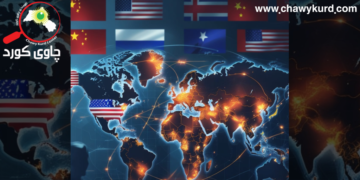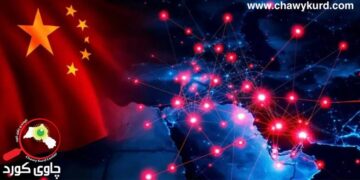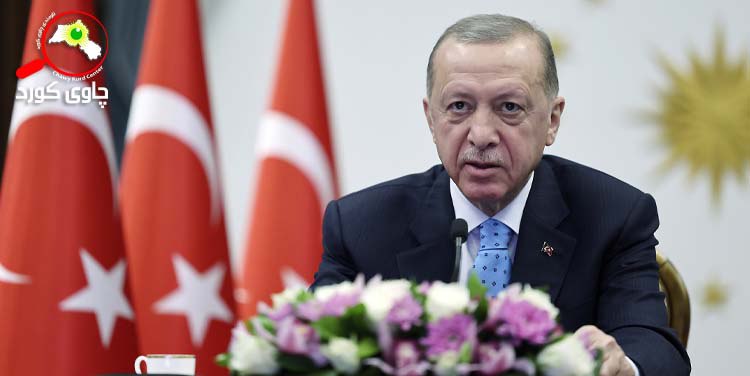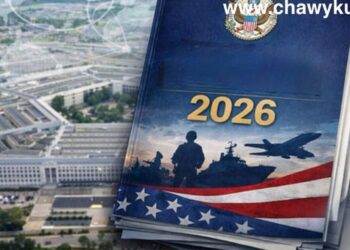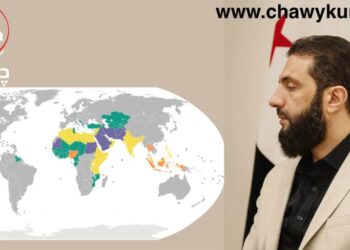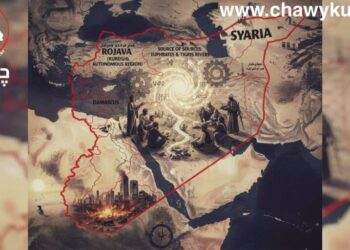Turkish President Recep Tayyip Erdogan prospers in the hardest election which he faced in two decades, and he could be able to extend his rule for another five years. In his new term, Erdogan will extend his term of office to nearly a quarter of a century, a period unsurpassed by any Turkish leader in the modern history of the republic. This is expected to be Erdogan’s last term, as the Turkish constitution does not allow the president to run for a third term, and Erdogan himself had previously called for support in the presidential election for the last time. In the next five years, Erdogan will face six major challenges, which are seen as a difficult test for Turkey’s political process.
“First, the economic challenges”
The great economic renaissance that Erdogan created during his two decades in power was the weapon through which he was able to confront his opponents and win nearly sixteen consecutive elections. Erdogan has been able to place Turkey on the list of the world’s 20 largest economies and expand the boundaries of the middle class, which has become a major base of popular support. He also accomplished massive development projects, such as the development of infrastructure and government service facilities and, the development of domestic defense industries that now compete with the defense industries of major countries.
But the economic decline, which the country arose at the beginning of the last decade, is mainly due to internal unrest such as the 2013 Taksim protests, the failed military coup attempt in 2016 and the surrounding geopolitical turmoil, as well as the consequences of the coronavirus. The country is currently facing an inflation dilemma of nearly 45 percent.
“Second, the reconstruction of the affected areas”
Erdogan faces the challenge of rebuilding areas in the southern of the country where hit by the devastating earthquake in the last February. Given the high cost of this process, it may amplify the fiscal strain on the Treasury in the near future, but Erdogan has broad experience in how to handle such challenges.
“Third, the reorganization of the domestic situation”
Turkish President Recep Tayyip Erdogan won his third consecutive presidential election, but his recent victory was unique by means of all measures. Not because he fell under difficult local political and economic circumstances, but because it is going to be the last election contest in which he runs on a personal level. It must deal with another challenge represented by reorganizing the inner home of the ruling Justice and Development Party (AKP) and preparing a new leader who can lead the party beyond the end of Erdogan’s third term.
Fourth, the rehabilitation of large municipalities
The AK Party suffered a major setback in the previous local elections in 2019, when they lost the presidencies of some major municipalities such as Istanbul and Ankara to the opposition. In his first speech after winning the second presidential election on May 28, Erdogan has already launched his campaign to win back the municipalities in local elections scheduled for March 31 next year. Immense electoral victories on May 14 and 28, tied with major setbacks for the opposition, will help Erdogan boost the ruling party’s chances of achieving a similar electoral victory in the upcoming local elections.
“Fifth: A civilian constitution and full ownership of the army”
Since taking power, Erdogan has made three constitutional amendments culminating in the transition to a presidential system in 2017, but has so far failed to fulfill an ambitious spirit of establishing a fully civilian constitution. His efforts in the new term will focus on achieving this goal, culminating in two decades of Erdogan’s efforts to strengthen civilian authority and consolidate military subordination to political authority.
“Sixth: The Foreign Policy Challenge”
During his two decades in power, Erdogan has built a new geopolitical identity for Turkey based on transforming it into an independent power and reducing its dependence on the West in important areas such as security, energy, trade and the economy. One of the most prominent features of Turkish foreign policy in the last decade was the doctrine of balance adopted by Erdoğan in shaping relations with Russia and the West.
He has already succeeded in consolidating this approach, but in light of a tumultuous year dominated by new geopolitical competition among powers to shape the world order, Turkish foreign policy will face increasing pressure in the coming years, especially from the West. Erdogan is unlikely to yield to this pressure, since good relations with Russia are still important for Turkey. But it must find a way to further balance partnerships with Moscow and the West.













